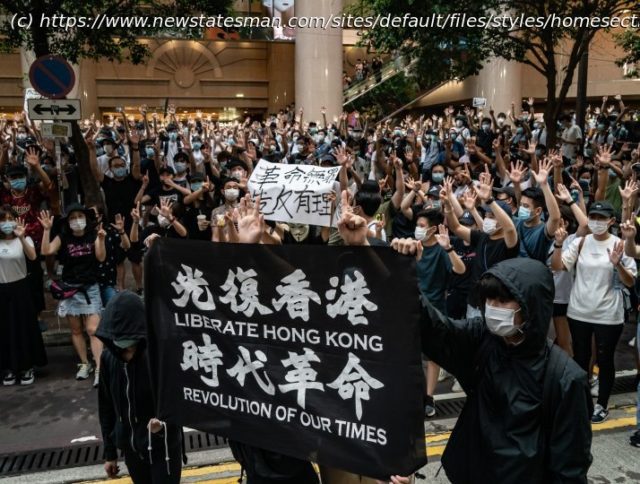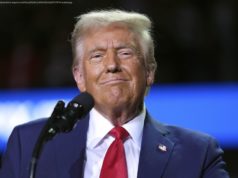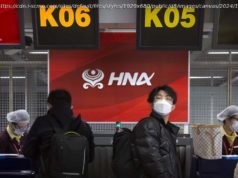Even as exiled activities fight to keep democratic hopes alive, China’s crackdown on autonomy continues apace.
You are browsing in private mode. To enjoy all the benefits of our website LOG IN or Create an Account On Tuesday, Chinese leaders ruled in favour of a plan designed to ensure that only “patriots” can take up positions of power in Hong Kong. Under these new reforms, the share of directly elected representatives in the legislature will be nearly halved and an opaque committee to pre-approve candidates before they can run for office will be created; effectively ending free elections in the former British colony, activists and experts say. The overhaul marks the most significant set of government reforms since the city’s handover from Britain to China in 1997 and follows months of escalating crackdowns on the city’s pro-democracy movement. These began after mass protests broke out in 2019, then hardened last summer following the Chinese Communist Party’s introduction of a broad and ambiguously-defined national security law. Almost every prominent pro-democracy activist is now either behind bars, in exile, awaiting trial or sentencing. Both the United Kingdom and the United States have since released yet further statements of condemnation. British Foreign Secretary Dominic Raab on Tuesday declared the reforms a “clear breach” of the 1984 Sino-British Joint Declaration that promised a high degree of local autonomy to Hong Kong people. Last month, Raab also accused Beijing of multiple breaches and “ongoing non-compliance” with the legal agreement, while US Secretary of State Antony Blinken vowed to “follow through on sanctions” against “those responsible for committing repressive acts”. In the face of mounting allegations, Beijing has hit back by urging foreign governments to keep out of China’s internal affairs. On Wednesday, officials in Beijing and Hong Kong separately issued statements insisting that human rights are protected in the city and rejecting an annual human rights report, recently released by the US, that accused the CCP of systematically dismantling Hong Kong’s political rights last year. *** The issue of Hong Kong has thus become a political impasse – one that political experts told me foreign governments have little room to manoeuvre on, yet must appear to address in order to appease domestic constituencies. On 31 January, the UK launched a pathway for Hong Kongers to obtain British citizenship through the British National Overseas (BNO) Passport visa scheme, one of various “lifeboat” measures being implemented by several nations including Taiwan, Canada and Australia. Although the visa scheme has been met with gratitude, community leaders in the UK have called out the government for failing to prepare for the new arrivals.
Home
United States
USA — China “Practically no effect”: The minimal impact of sanctions over Hong Kong






